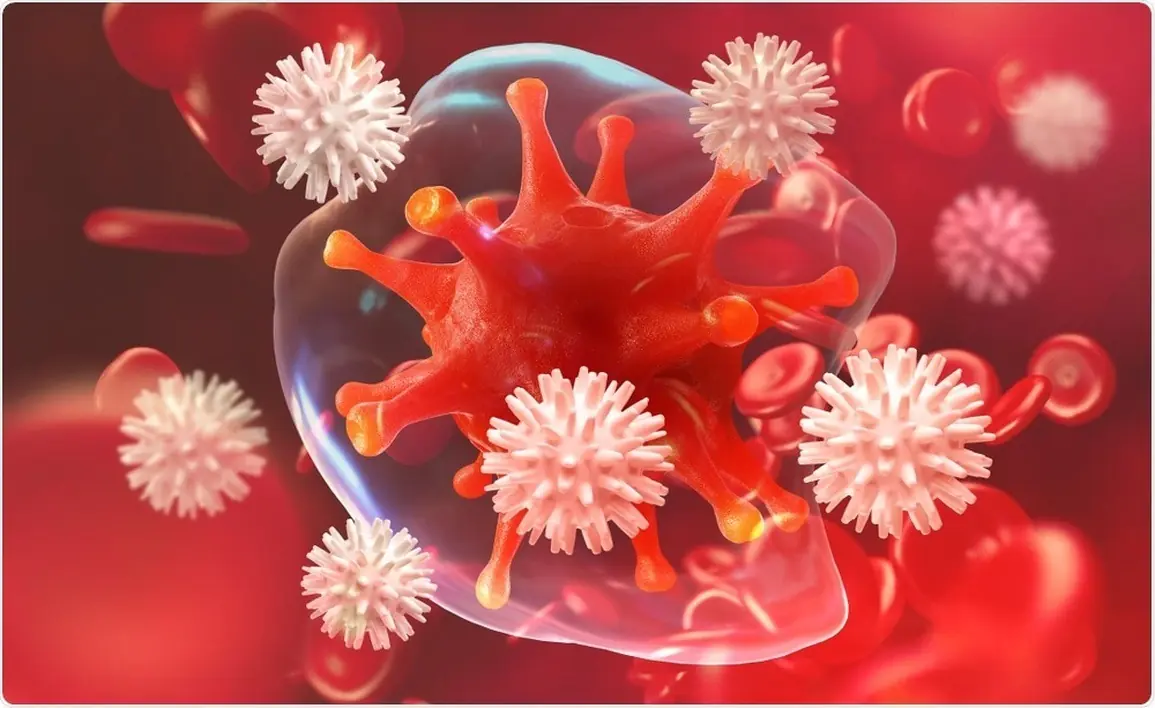
Study Finds: The Body Remembers Trauma Even When the Mind Has Moved On
Study Finds: The Body Remembers Trauma Even When the Mind Has Moved On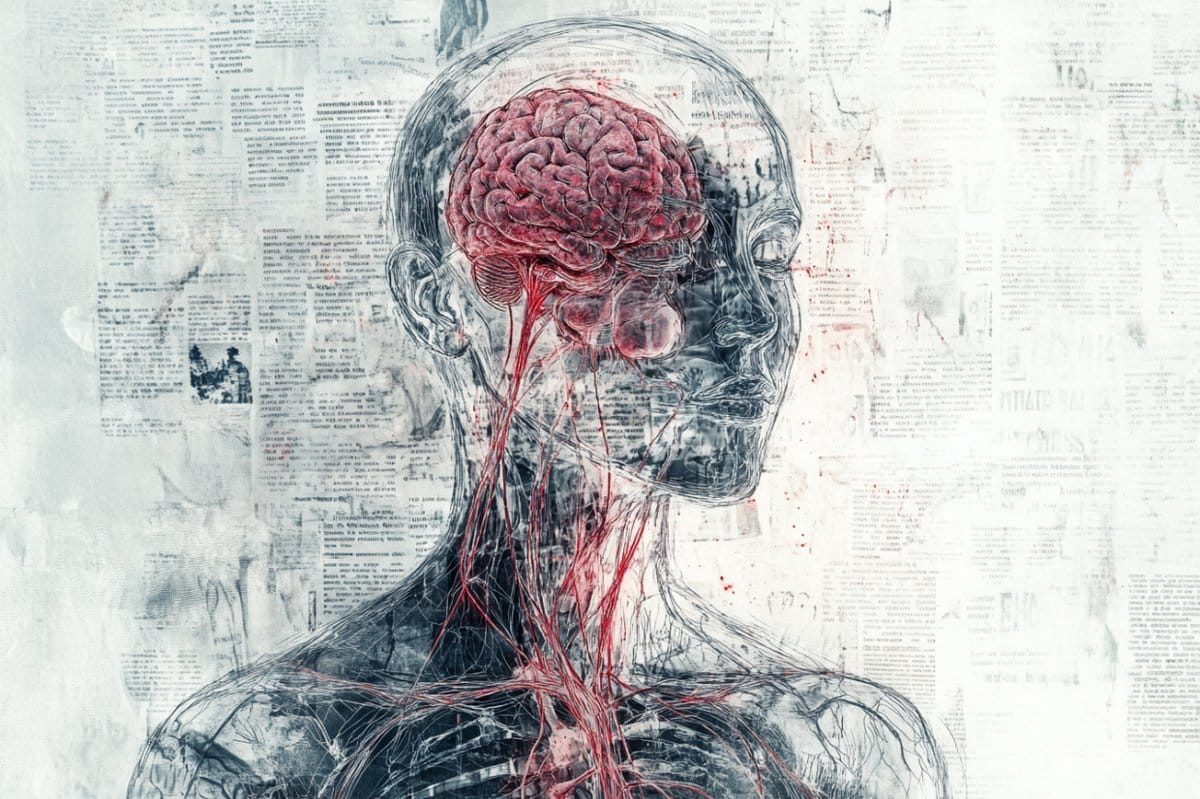
Trauma can shake us to our core—whether through a sudden, life-altering event or a prolonged period of stress. While our minds may eventually feel ready to move forward, our bodies don’t always follow suit. New research highlights how deeply trauma can embed itself in our biological systems, often persisting long after we believe we’ve emotionally healed.
How Trauma Leaves Its Mark on the Body
A recent study delved into how traumatic experiences can alter three major systems in the body:
-
The Autonomic Nervous System (ANS)
-
The Immune System
-
The Endocrine (Hormonal) System
The findings were eye-opening. Even among individuals who reported feeling emotionally stable, biological markers suggested that their bodies were still carrying the weight of trauma. These silent signals reveal that trauma can linger in our physiology long after the psychological symptoms fade.
Case Study: Survivors of the Oklahoma City Bombing
To explore the long-term impact of trauma, researchers studied 60 survivors of the 1995 Oklahoma City bombing, comparing them with 23 individuals who had not experienced the tragedy. They measured a range of biological indicators, including:
-
Heart rate and blood pressure
-
Morning cortisol (a primary stress hormone)
-
Immune markers: interleukin-1β (IL-1β) and interleukin-2 receptor (IL-2R)
What they found:
-
Elevated IL-1β levels, signaling increased inflammation
-
Lower IL-2R levels, suggesting altered immune activity
-
Reduced morning cortisol, indicating stress response changes
-
Higher diastolic blood pressure at rest
Interestingly, participants didn’t report higher rates of PTSD or depression compared to the control group. However, they consistently reported worse physical wellbeing—despite being medically healthy by conventional standards.
The Nervous System’s Role: Stuck in Survival Mode
The autonomic nervous system acts as the body’s internal autopilot, regulating essential functions like heart rate, digestion, and respiration. It consists of two main branches:
-
Sympathetic Nervous System (SNS) – activates “fight or flight” responses
-
Parasympathetic Nervous System (PNS) – supports “rest and digest” functions
In trauma survivors, the SNS can become chronically overactive, keeping the body in a state of high alert. This can result in:
-
Persistent anxiety
-
Muscle tension
-
Sleep disturbances
-
Fatigue
Meanwhile, the PNS struggles to restore calm, leaving survivors feeling constantly “on edge.”
Hormonal and Immune Changes: Subtle but Significant
Trauma can also disrupt the HPA axis—the body’s primary stress response system. This disruption can lead to:
-
Abnormal cortisol levels
-
Heightened stress sensitivity
-
Difficulty recovering from emotional challenges
On the immune side, high IL-1β levels indicate ongoing inflammation, while lower IL-2R levels suggest a weakened ability to respond to new health threats. Together, these shifts can affect everything from disease risk to emotional regulation.
Mind-Body Disconnect: Feeling Fine, But Still Affected
Perhaps the most surprising discovery was the disconnect between the survivors’ self-reported emotional state and their biological markers. Even without significant psychological symptoms, their bodies still bore signs of stress.
This gap shows that trauma can remain lodged in our systems, even when we’ve mentally moved on. People may not meet the criteria for PTSD, yet their bodies remain locked in a defensive state.
Understanding Trauma Through Polyvagal Theory
Polyvagal Theory offers a deeper explanation. It suggests that the ANS constantly scans for signs of safety or threat. After trauma, this system can become hypersensitive, overreacting to everyday stressors.
This can lead to:
-
Chronic pain
-
Digestive problems
-
Emotional numbness
-
Difficulty forming close relationships
These reactions aren't just psychological—they’re physiological responses to a nervous system stuck in survival mode.
Social Impact: Trauma and Human Connection
The effects of trauma can ripple out into our relationships. When the nervous system is overwhelmed, it becomes difficult to feel safe with others. Survivors may:
-
Withdraw socially
-
Misread social cues
-
Feel isolated or disconnected
This can make healing harder, especially since strong social bonds are crucial for recovery.
Long-Term Health Effects: A Hidden Cost
Unresolved trauma can set the stage for a range of health issues, including:
-
Cardiovascular problems
-
Digestive disorders
-
Weakened immunity
-
Chronic pain and fatigue
Emotionally, survivors may face anxiety, irritability, and difficulty regulating emotions—even without a formal diagnosis.
Toward Healing: Addressing the Body and the Mind
Understanding that trauma affects both the body and mind opens the door to more effective healing strategies. While traditional talk therapy is helpful, it may not fully address the body’s physiological imprint of trauma.
Body-centered practices like:
-
Mindfulness and breathwork
-
Yoga or gentle movement
-
Somatic therapies like EMDR and somatic experiencing
…can help re-regulate the nervous system. These approaches encourage the parasympathetic system to activate, guiding the body out of “fight or flight” and into a state of rest and healing.
Additionally, safe, supportive relationships can soothe the nervous system and foster a renewed sense of connection and security.
A New Perspective on Recovery
The Oklahoma City study reminds us that recovery from trauma isn’t just about emotional resilience—it’s also about helping the body return to balance. Listening to the body’s story can reveal lingering wounds we didn’t know were there.
By combining psychological insight with physiological care, survivors can work toward holistic healing—where both the mind and body find peace.
Honoring the Body’s Memory
The body’s retention of trauma isn’t a weakness—it’s a reflection of its deep instinct to protect us. By acknowledging both the emotional and physical dimensions of trauma, we can pave the way for deeper, more lasting recovery.
Healing isn’t just about forgetting the past—it’s about helping every part of ourselves feel safe, connected, and whole again.
News in the same category

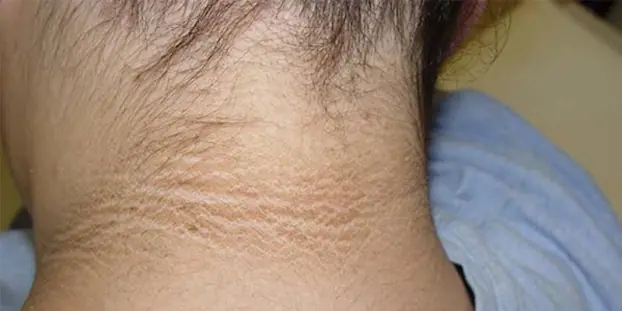
People at Risk of Cancer Often Show 3 Warning Signs in the Neck – Early Checkups Can Save Lives

Young Woman Suffers from Back Pain and Sleepless Nights, X-Ray Reveals 'Honeycomb Bones' – All Caused by a Popular Beverage
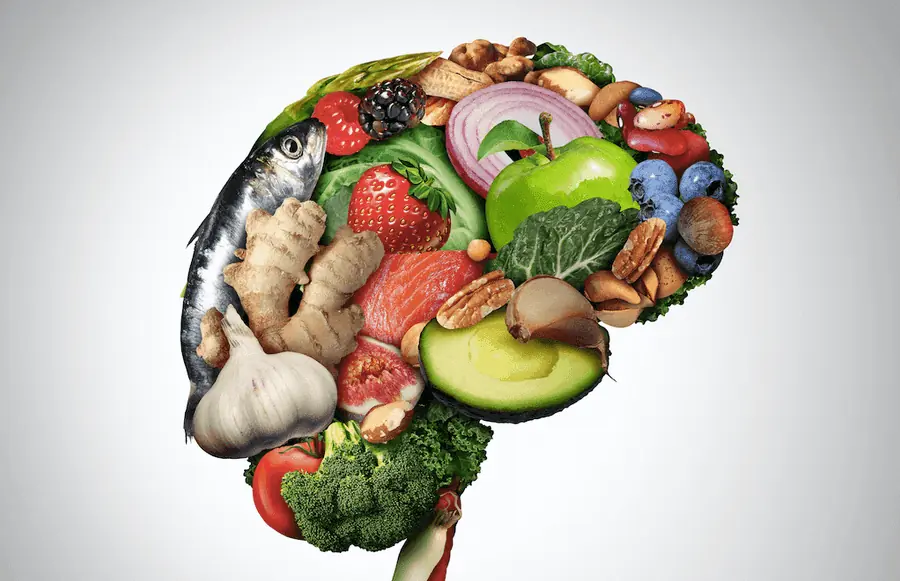
Increasing Protein Intake May Help Slow Alzheimer’s Progression, New Study Suggests
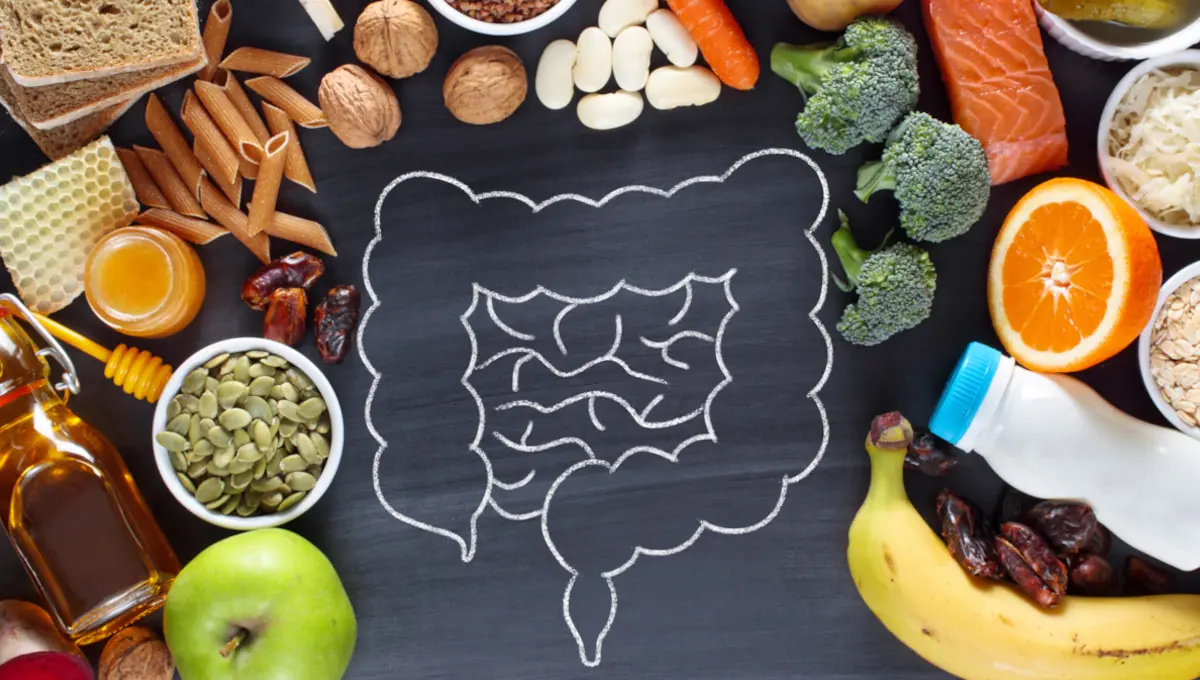
Eliminating One Food From Your Diet May Significantly Lower Your Colon Cancer Risk, Scientists Say

Oatmeal and Guava: A Natural Remedy for Leg Cramps, Diabetes, and High Blood Pressure

Ancient Herbal Infusion to Cleanse Your Kidneys and Eliminate Toxins
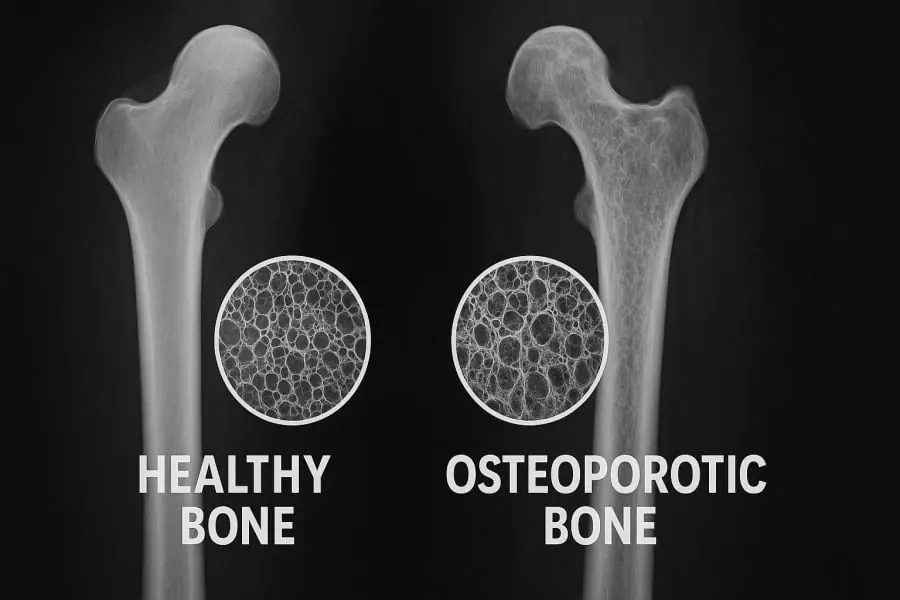
The Hidden Culprits Behind Osteoporosis: 3 Common Drinks You Should Watch Out For
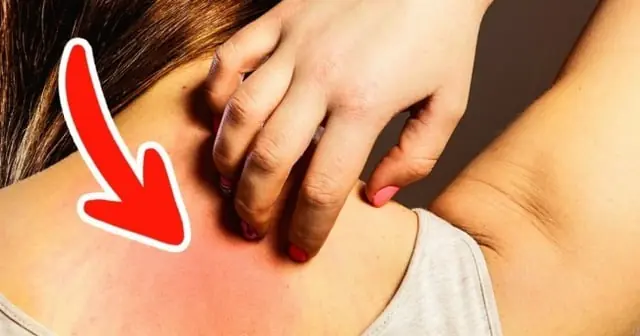
6 Warning Signs You Shouldn’t Ignore – Early Indicators of Cancer
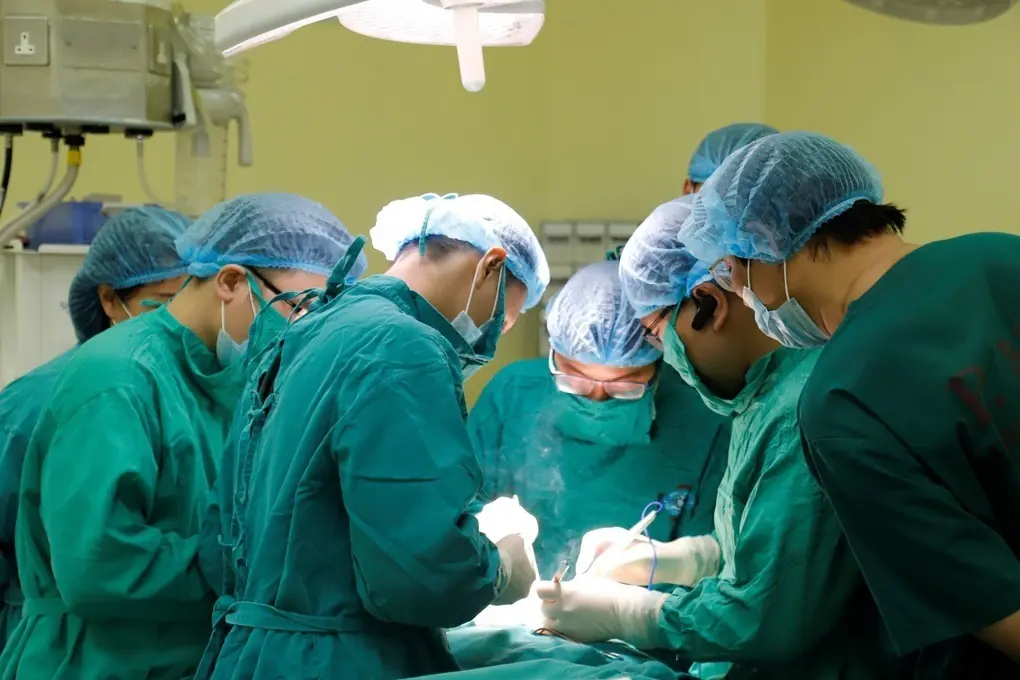
Doctors Reveal the Reasons Why More and More Young People Are Getting Cancer

10 Natural Remedies for Bronchitis to Ease Painful Cough Attacks

Nature’s Top Lymphatic Cleansers: Detox & Strengthen Immunity Naturally
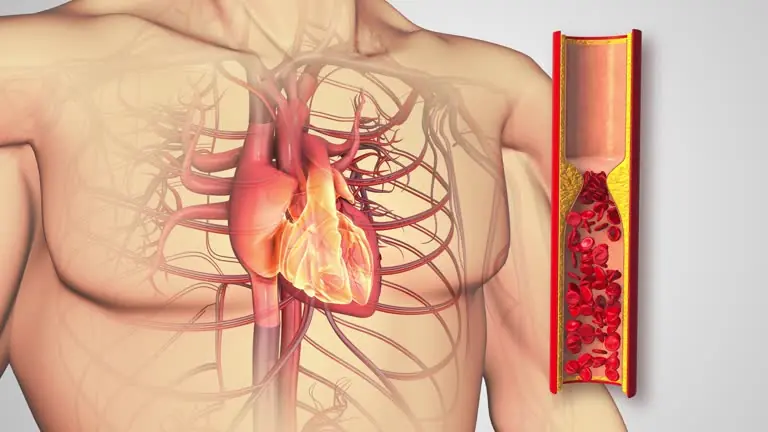
10 Warning Signs Your Body Might Be Giving You About Clogged Arteries

Cleanse Your Liver Naturally with This Powerful Juice: Beetroot, Apple, Carrot, Orange & Ginger

The Surprising Benefits of Combining Eggs and Coffee: A Nutritious and Energizing Pair

Ginger Lemon Juice: A Potent Elixir for Health and Wellness

Leg Pain, Rheumatism, Varicose Veins, Arthritis – Natural Remedy with Cloves & Garlic! 🧄🌿

6 Dementia Symptoms You Might Overlook at First

10 Snoring Solutions Your Partner Will Be Thankful For
News Post

One Day, This Teacher Couldn't Work Due to Pain — Now She's a Single Mom Fighting to Stay Alive for Her Daughter

The Meaning Behind Pope Leo XIV's Name Explained - Details

6 Types of Pain That Signal Cancer Cells May Have Reached the Final Stage

People at Risk of Cancer Often Show 3 Warning Signs in the Neck – Early Checkups Can Save Lives

President Donald Trump Reacts to the Appointment of the New Pope Leo XIV – Details

Young Woman Suffers from Back Pain and Sleepless Nights, X-Ray Reveals 'Honeycomb Bones' – All Caused by a Popular Beverage

Pope Leo XIV's Real Attitude Toward Donald Trump Uncovered — His Take on the American President

Increasing Protein Intake May Help Slow Alzheimer’s Progression, New Study Suggests

THIS MAN SAT ON THE FLOOR AND READ ALL DAY—WHEN I ASKED WHY, HIS ANSWER BROKE ME

The Bride Fainted at Her Wedding Because of the Words of an Unknown Girl

Eliminating One Food From Your Diet May Significantly Lower Your Colon Cancer Risk, Scientists Say

I FOUND A LONE PUPPY IN THE TRASH—AND THEN THE CAMERA CAUGHT WHAT I COULDN’T EXPLAIN
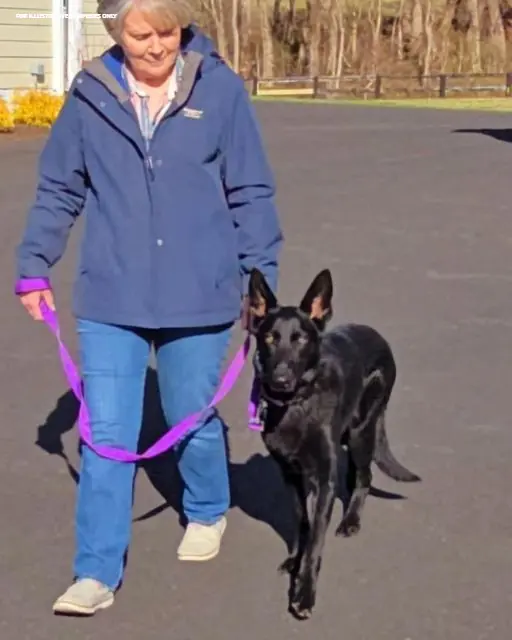
WE TOOK OUR DOG FOR ONE LAST WALK—BUT THEN HE DID SOMETHING WE’LL NEVER FORGET IN A LIFETIME

I CHOSE FARM LIFE AS A SINGLE MOM—AND TODAY, SOMETHING HAPPENED THAT MADE ME STOP IN MY TRACKS

Princess Catherine Turns Heads in Waist-Cinching Polka Dot Dress

Two Cardinals Who Nearly Became Pope Instead of Leo XIV – One Has a Surprising Hobby

Entitled Dog Owner Made the Airport Hell for Everyone – She Deserved What I Did at the Gate

Unleash the Power of Ginger and Aloe Vera: A Natural Antibacterial powerhouse
